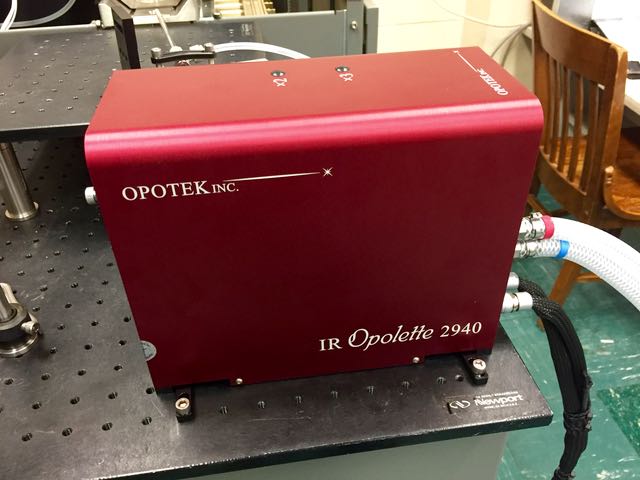National Institutes of Health
Infrared Laser Desorption Ion Mobility Mass Spectrometer
- R43 RR020238
- $99,944
- Role: co-I
- 9/2004-3/2025
Abstract
The goal of this [SBIR Phase I] research program is to develop an infrared laser desorption ionization (IR-LDI) ion mobility mass spectrometer (IMMS) for application to the analysis of biomolecules in complex systems such as direct tissue studies and the identification of the components of bioaerosols. The IMMS instrument separates biomolecule ions in two dimensions. The first dimension is the gas phase mobility separation in which the ions resulting from laser desorption drift through a gas collision cell under the influence of a constant electric field and are separated due to differences in collision cross-section. After exiting the drift cell, the ions are orthogonally extracted into a time-of-flight mass spectrometer. Because the separation takes place in the gas phase, it is significantly more rapid than liquid phase separations such as liquid chromatography or capillary electrophoresis. The performance goals for the IR-LDI IMMS are an ion mobility resolution of 50, mass resolution of 3000, mass range or 20 kDa, and a detection limit of 10 fmol. The instrument will be constructed at Ionwerks in Houston, TX. Ionwerks was founded in 1986 and is an accomplished provider of mass spectrometer systems and equipment. As part of this research, Ionwerks is collaborating with the mass spectrometry research group at Louisiana State University who are experts in the use of IR lasers for the direct analysis of biomolecules. The group will develop IMMS methods for the rapid analysis of cells and tissue with minimal sample pre-treatment. Commercial applications of this technology are in biomedical research, clinical diagnostics, and the detection of biological agents.

